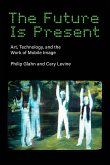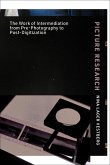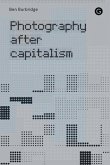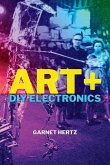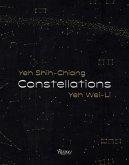The central paradox this book explores is that at the moment of photography's replacement by the algorithm and data flow, photographic cultures proliferate as never before. The afterlife of photography, residual as it may technically be, maintains a powerful cultural and representational hold on reality, which is important to understand in relationship to the new conditions. Forgetting photography is a strategy to reveal the redundant historicity of the photographic constellation and the cultural immobility of its epicenter.0It attempts to liberate the image from these historic shackles, forged by art history and photographic theory. More important, perhaps, forgetting photography also entails rejecting the frame of reality it prescribes and delineates, and in doing so opens up other relationships between bodies, times, events, materials, memory, representation and the image.0Forgetting photography attempts to develop a systematic method for revealing the limits and prescriptions of thinking with photography, which no amount of revisionism of post-photographic theory can get beyond. The world urgently needs to unthink photography and go beyond it in order to understand the present constitution of the image as well as the reality or world it shows.0Forgetting photography will require a different way of organizing knowledge about the visual in culture that involves crossing different knowledges of visual culture, technologies, and mediums. It will also involve thinking differently about routine and creative labor and its knowledge practices within the institutions and organization of visual reproduction.--
Hinweis: Dieser Artikel kann nur an eine deutsche Lieferadresse ausgeliefert werden.
Hinweis: Dieser Artikel kann nur an eine deutsche Lieferadresse ausgeliefert werden.


